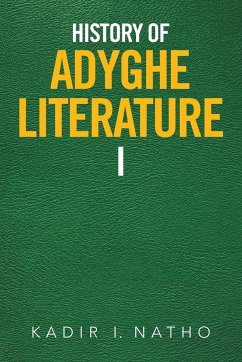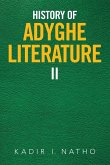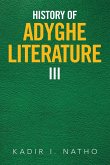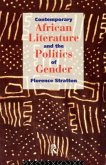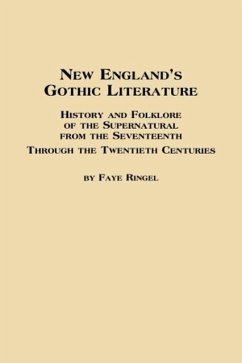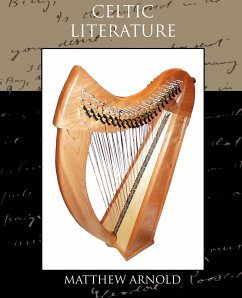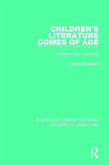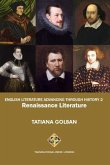This book is a translation of the History of Adyghe Literature, which was published in three volumes (1999, 2002, and 2006, respectively) by the Institute of Humanitarian Studies of the Republic of Adygea by the decision of its scientific council. It covers the history of Adyghe literature from folklore up to the 1990s, which passed through difficult and complicated trials in order to survive and reach its present stage of development. This material was prepared and written by a group of literary experts of the Republic of Adygea, and this book shows that (1) Adyghe folklore is, perhaps, the richest and oldest in the world because, according to the experts, the embryo of the Nart saga of this folklore was formed in nearly Bronze Age or earlier; (2) Adyghe literature has dozens of specimens of epic genresessays, short stories, stories, tales, novels, and epicsand analyzes the origin, formation, and development of the kinds, genres, and styles of literature closely combined with specific monographic studies of creative works of separate writers and furnishes major monographic and theoretical studies, critical articles, reviews, and literary portraits; (3) Adyghe literature portrays the dramatic fate, love of freedom, and high moral and spiritual values of the people for whom honor and freedom are dearer than life; and (4) Adyghe literature presents in vivid colors the awesome literary process in Russia, in connection with the theories associated with Prolitcults, Rappovians, class literature, and especially, the conflict-free theory, with rigid ideological settings and frames beyond the bounds of which writers and artists in the Soviet Union could not work in. This book, the first volume of the History of Adyghe Literature, is concluded by the article about the creative works of Tembot Kerashev, one of the prominent Adyghe writer during the Soviet period. Along with the history of Adyghe literature, this book shows the dangerous and difficult lives that people, especially creative people, had to live and work for in the Soviet Union, regardless of the loyalty and dedication with which they served the state or the merits they earned.
Hinweis: Dieser Artikel kann nur an eine deutsche Lieferadresse ausgeliefert werden.
Hinweis: Dieser Artikel kann nur an eine deutsche Lieferadresse ausgeliefert werden.

